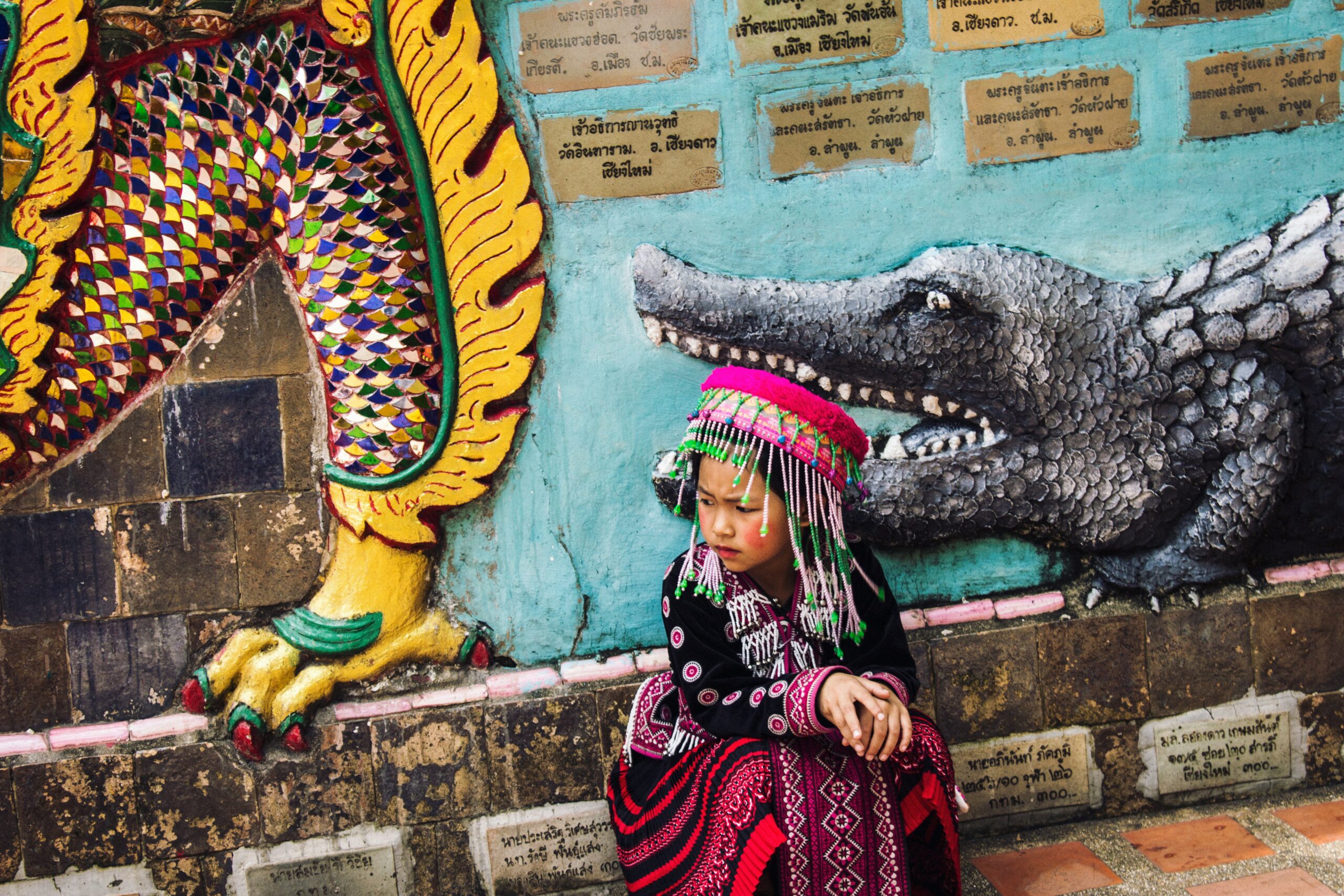Thailand’s Coming Economic Stagnation: Timebombs Ahead
Approaching its one-year mark in power, the Pheu Thai party has situated much of its policymaking on the ground of persistently low economic growth. However, demographic and environmental changes will require the state to look beyond economic stimulation only. Already an aged society, Thailand is projected to become a superaged society by 2038, with 30% of the population being 60 years old and older. Meanwhile, many provinces have just experienced the hottest summer in years, which combined with the haze crisis, culminated into a public health emergency. These issues are indicative for deep societal changes, from diminishing labor force to political instability that pose direct threats to Thailand’s ambition to reverse its persistently low growth.
Ticking Timebombs
Thailand has one of the highest elderly populations in SEA – one of the fastest-aging societies among developing nations. However, Thai seniors are currently facing ravaging poverty due to low income-savings, and inadequate welfare systems. According to Kasikorn Bank – one of the country’s largest financial institutions – 30% of Thai seniors are living below the poverty line and 46% have no savings, making “elderly-poverty” not only a humanitarian problem but a societal one as well. This indicates a diminishing purchasing power of Thai citizens in future years.[WR1]
Factors such as low income and savings contribute to financial instability post-retirement. Thailand also has one of the worst pension systems, ranking 43rd out of 47 countries in the Mercer Global Index in 2023. The pension benefits range only from 600-1000 Baht, or $16-$28 per month. According to the ILO report in 2022, this ranks as one of the lowest in the world, both per GDP and in absolute terms. These benefits fall significantly behind the national poverty line they fail to provide Thai seniors with sufficient funds to sustain basic living conditions.
This leads to Thai seniors being financially dependent on their relatives for support, a dependency that adds further financial constraints on Thai adults and contributes to the low birthrate. The combination of high expenses and low income is forcing many young Thais to find better opportunities elsewhere, a phenomenon often called the “brain drain crisis”. Elderly poverty poses a pressing problem as it already subjects many Thais to appalling living conditions. With the worsening livelihood and finances, the aging Thais will likely shift their attention to welfare politics and accessible infrastructure.
Aside from demographic changes, environmental changes also present looming crises often overlooked. Extreme environmental conditions resulting from climate change, such as heat waves or drought, interrupt daily lives and pose significant economic threats. As an agricultural country, agricultural workers – about a third of the population – are the population most affected by climate change. However, climate change affects all sectors, from public health to tourism, and has already caused a 0.82% loss in GDP between 2000 and 2019. Ranking ninth among countries most affected by “weather-related-loss events”, climate migration has a potential to reshape Thailand’s demographic landscape, especially considering its proximity to the equator. Global ecological losses may lead to increasing climate displacement and economic migration into the Kingdom, as well as emigration.
Climate change anticipates more severe weather, but they’re also highly unpredictable, and as such, its economic implications. State measurement and preparation for climate change will require close observation and quick response to climate events. Unlike the problems facing Thai seniors, climate change is a global crisis that requires long-term international commitment. Climate action will demand the Thai government to make substantial domestic changes and adopt a stronger stance on the world stage – a commitment that the unstable political sphere likely cannot facilitate.
Unhospitable Economy and Political Economy
Thailand is prominently dominated by few but influential conglomerate families, with four of these families owning up toa fifth of the stock market in Thailand. For decades, inadequate competition laws, weak regulations, and regulatory capture have shaped the country’s oligopolistic economy. This market dominance produces inefficiencies as SMEs face unfair competition, resulting in low investment incentives and productivity crises. According to a UNCTAD report in 2021, there is a significant gap between smaller and larger firms, with around 99% of all enterprises being micro- or small enterprises, and just 0.3% being large enterprises. The “missing middle” of medium enterprises – making up just 0.5% of all enterprises – highlights the challenge for SMEs to compete and expand. Despite SMEs accounting for 86% of all employment and contributing as much to the GDP as large enterprises, they receive little support from the banking institutions and government policies. Scarce bank loans for SMEs leads to high household debt as businesses turn to informal lenders. Additionally, SMEs are vulnerable to policy shifts, such as interest rates or wage hikes.
Thailand’s heavy reliance on foreign input also makes its industries lag behind in innovation and technology. The continuous failure to support SMEs and upgrade domestic industries put Thailand firmly in the middle-income trap. However, structural reforms will be difficult due to the close ties between large business and political dynasties. If indeed, the ruling Pheu Thai, led by PM Srettha and the Shinawatras exemplifies this business-clan politics.
Historically, the intersection between the economic and political elites has been central to Thai politics post-Cold War. The network between the Thai super-elites, the military, and the palace creates a mutualist relations that has concentrated and increased wealth disproportionately to the national economy. Moreover, political parties often strategize on regional level by co-opting influential local families – the so-called “Baan Yai” – which creates ripe opportunities for revolving doors at a micro-scale. While on national scale, clan politics lead to nepotism and conflict of interest in governmental appointments. Regulatory capture is a fundamental problem in Thailand that is firmly rooted in its political-economic structure. This societal dynamic explains the lack of serious attempts to decentralize the monopoly of wealth and political power among the Thai upper echelon.
Any structural economic reforms, hence, will require the Pheu Thai to confront not only the big families – most of which are linked to its conservative-junta coalition, and were responsible for Thaksin’s exile – but also its own network of business and political dynasties. Pheu Thai is already navigating a precarious political situation, facing intense scrutiny after forming a coalition with its former ideological and political enemies. Its policy trends neglect long-term investments into ongoing issues facing the timebombs like infrastructure and human capital. In lieu, policies like the 30-baht healthcare seem to be an attempt to revive the Thaksin era’s popularity. Its economic stimulus on the other hand fails to address any structural issues if it already fell short of stirring public approval.
As the first civilian government in 9 years, Pheu Thai has the opportunity to implement much-needed reforms – both politically and economically. The urgency underscored by the timebombs requires not only long-term policymaking but also a reevaluation of Thailand’s societal structure. If PM Srettha fails to address these issues, it will leave Thailand only a decade before reaching superaged status in 2038. Meanwhile, Thailand will be facing various economic effects from demographic and ecological changes – not to mention the geopolitical implications from the brewing US-China rivalry.
Photo by Dani Aláez on Unsplash

